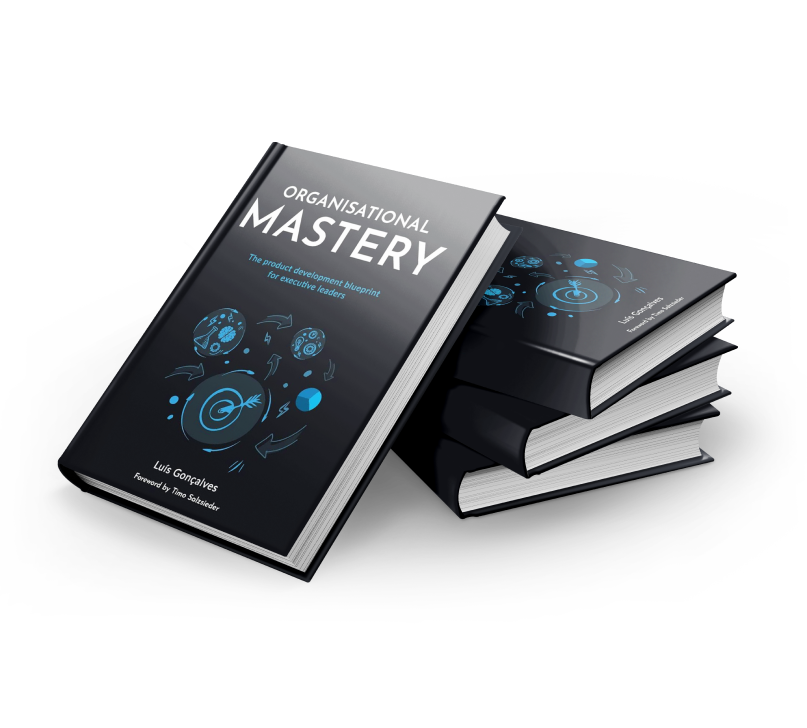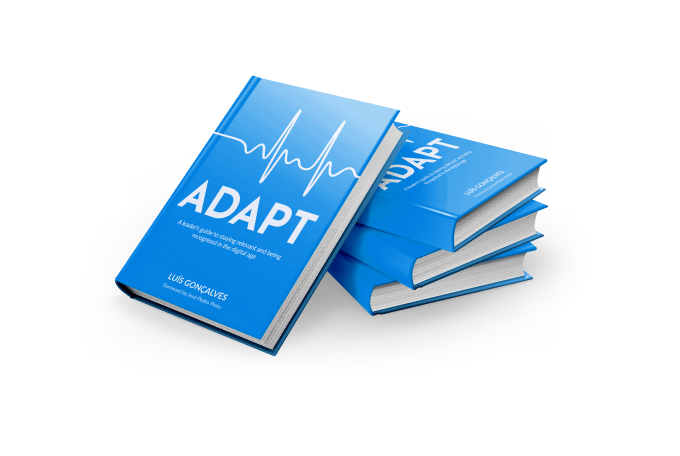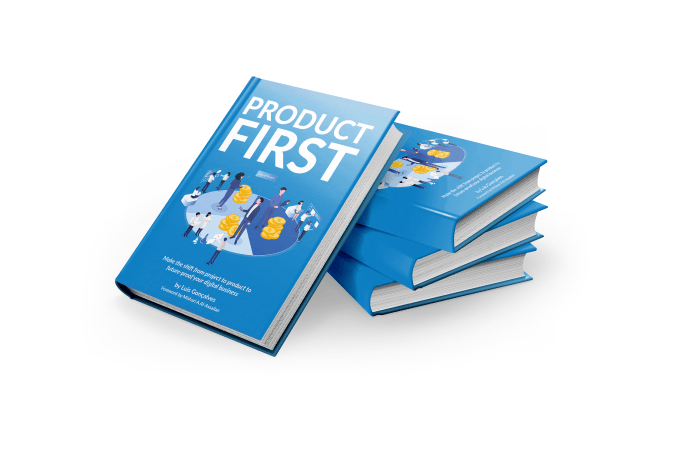Share this
How To Be A Good Scrum Master
by Luis Gonçalves on Jun 10, 2024 1:27:15 PM

Two of the most common questions I’m asked every week are: “Luis, I attended the CSM or PSM training. Now I have the certification, but I do not have a clue where to start. Can you help?”, and “Luis, every time I start as a Scrum Master in a company I feel a bit lost, can you guide me?”.
This month (June 2017), I started a new engagement with a company. I will be assisting the organization’s mature team as well as three other teams in their agility processes. This has created the perfect opportunity for me to develop something extremely valuable for you. I decided to take advantage of this engagement and share with you all my activities with the Scrum Masters I´m currently helping.
I cannot promise that I will write about this topic every single week. I plan to build a small pocket book that will serve as a guide for every Scrum Master who starts a new job. I will outline a list of ideas that Scrum Masters can implement in the 20 first weeks of their new role. You will receive a different idea every week to try with your team. I will not only provide you with the idea, but explain why is it important as well.
Twenty weeks is roughly six months; the time that I believe we need to provoke real change in an organization. After six months, we become part of the organization’s system, making it more challenging to implement new changes. It’s easier to implement change at the beginning because it the first 6 months, you’re “new” and everyone is eager to hear your ideas. But after the probationary period, you are just another colleague.
I started my career back in 2003; within two years I was lucky enough to join Nokia. I was fortunate because I was exposed to Agile and Scrum very early in my career and it allowed me to observe what many Scrum Masters did during their careers.
My career path is a great example to demonstrate that it does not matter how good you are as an engineer. It matters more how agile you are. If you are not able to bring that component into the business side of the company, you will be out of the market quickly. That´s why Agile is not a “software development thing”.
So How Do You Start As a Scrum Master?
Based on what I said earlier, I could identify key activities that Scrum Masters can do to cause huge impact on their teams.
Every time I join a company, I have a small roadmap that I advise Scrum Masters to follow. I want to be very clear here: you, as Scrum Master, know best what the team needs. It is likely that you will not be able to follow my roadmap religiously because you will need to adapt your mapping to your own team’s needs. My objective is to provide you with a baseline so that you do not feel lost. So, do not follow every step, but instead, adapt according to your circumstances.
The first thing I recommend to any Scrum Master when they start with a new team or organization is to ramp up a “Personal Kanban Board”. This will help them to keep track of their activities.
Below you can find 20 activities that you can put on your kanban board in order to start your job as Scrum Master.
- One-to-one meetings with each team member. Ask them what are their biggest concerns and take notes. You will probably get a lot of tasks for your Kanban board through these meetings.
- Do a workshop to clarify the roles and expectations of you and the team members.
- Coaching Alliance - you should have this quite clear. Every professional coach has this with their clients; you should do the same.
- Stakeholder mapping - this is a great way to help you get to know who works in the organization.
- Make team policies visible in the room. It´s always great to have them visible so the team does not skip basic working etiquette.
- Run a one-day team building workshop; it’s a great way to establish the product vision, team principles and values.
- Establish a Kaizen board in the team room. This is mandatory for everyone who is serious about experimentation and learning.
- Establish an Agile Retrospectives Input Box. Sometimes it can get boring to come up with all the topics in the retrospective, so it is nice to collect the topics up front.
- Achievements wall - usually we never celebrate victories, but this is a great way for us to celebrate our accomplishments.
- Kudos wall - a simple way to show people that we care for and respect each other.
- Ramp up an organizational impediment board - this is a great way to remove organizational impediments.
- Learning wall - this is where teams put their weekly learnings
- Ramp up your communities of practices
- Run workshops on flow and the principles of product development flow.
- Organize a release planning to help your organization see more than just one sprint in the future.
- Teach your product owner how to do release forecasting to help him/her to communicate with stakeholders
- Run a workshop on user story mapping.
- Run a workshop on impact mapping. Your product owner will love it!
- Run a workshop on system thinking and causal loop diagrams.
- Ramp up the practice of pair programming and install a pair programming matrix board
There are some people that believe Scrum Master is not a full time job. If you include all these activities into your personal Kanban board I am sure you will have work for several months. I hope your personal Kanban board will be dynamic and you will add tasks on weekly basis based on what your team needs.
Did you like this article?
We enable leaders to become highly valued and recognized to make an impact on the World by helping them to design Digital Product Companies that will thrive and nourish in the Digital Age, we do this by applying our own ADAPT Methodology®.
Share this
- Agile Methodologies (18)
- Product Strategy (18)
- OKRs (16)
- Scrum (16)
- Product Mindset (14)
- Project To Product (10)
- Agile Retrospectives (9)
- CoPs (9)
- Knowledge Sharing (9)
- Time To Market (8)
- Product Discovery (7)
- Continuous Improvement (5)
- Strategy (5)
- Scrum Master (4)
- Content Marketing Strategy (3)
- Product Owner (3)
- Technical Excellency (3)
- Digital Transformation (2)
- Innovation (2)
- Scaling (2)
- Team Building (2)
- Business Model (1)
- Cost Of Delay (1)
- Customer Feedback (1)
- Customer Journey (1)
- Customer Personas (1)
- Design Thinking (1)
- Digital Leadership (1)
- Digital Product Tools (1)
- Go To Market Strategy (1)
- Google Design Sprint (1)
- Lean Budgeting (1)
- Lean Change Management (1)
- Market Solution Fit (1)
- Organisational Impediments (1)
- Outsourcing (1)
- Product (1)
- Product Metrics (1)
- Product Roadmaps (1)

Organisational Mastery
Get your free copy

ADAPT
Get your free copy

Product First
Get your free copy
